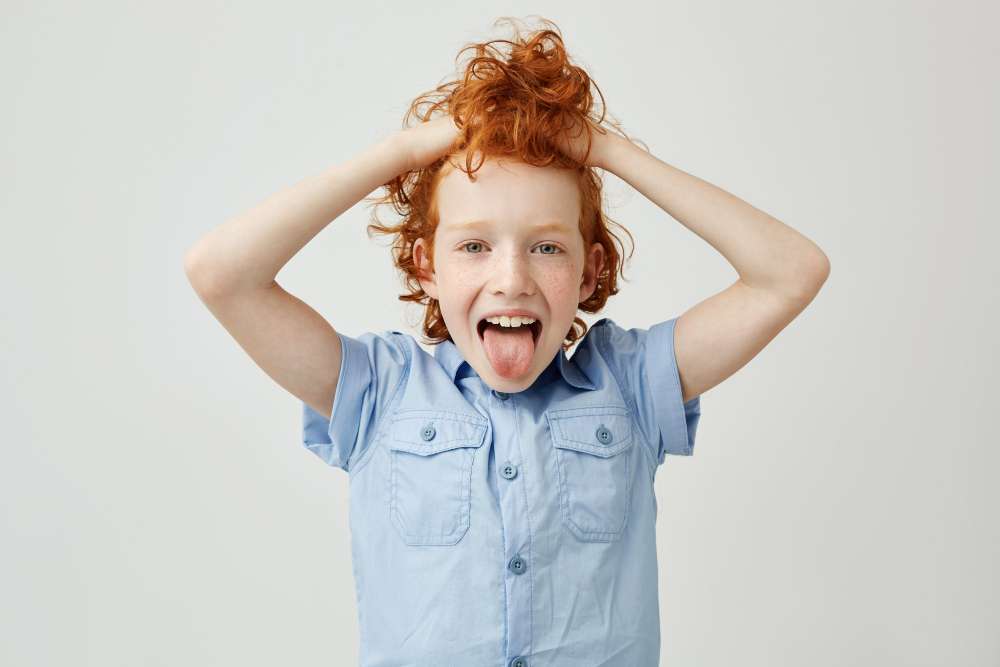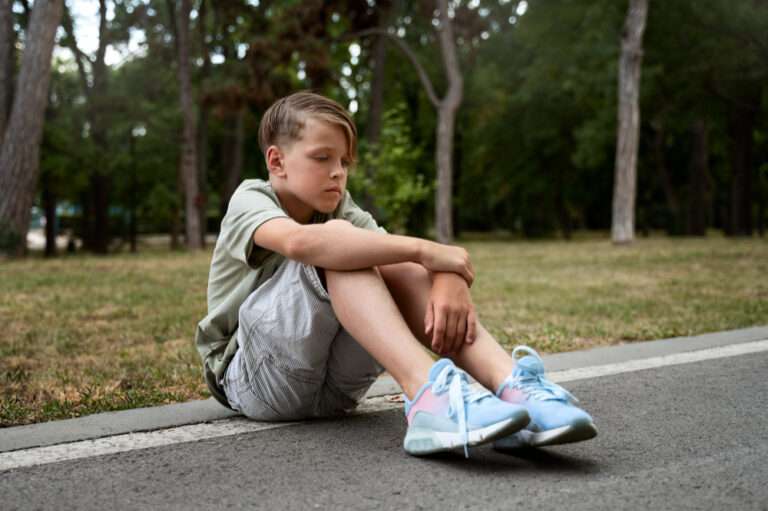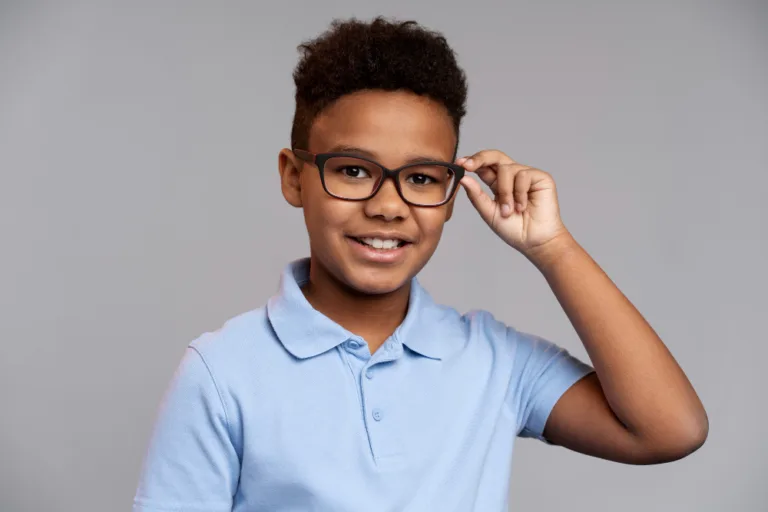Pediatric neurogenic bladder
Pediatric neurogenic bladder refers to a range of urinary tract dysfunctions in children caused by abnormal neural control of the bladder. This condition results from disorders affecting the nervous system that disrupt the normal nerve signals required for bladder control, leading to problems with bladder storage and emptying. Neurogenic bladder can stem from congenital abnormalities, such as spina bifida, or be acquired due to spinal cord injuries, infections, or other neurological disorders.
Causes
The primary cause of neurogenic bladder in children is an underlying neurological condition that affects the nerves controlling the bladder. Common causes include:
- Spina Bifida: A birth defect where there is incomplete closing of the backbone and membranes around the spinal cord.
- Sacral agenesis: Congenital absence of part of the lower spine.
- Tethered spinal cord syndrome: A condition where the spinal cord is abnormally attached within the spine, limiting its movement.
- Spinal cord injury or tumors: Any trauma or growths that affect the spinal cord can disrupt normal bladder function.
- Cerebral palsy: A group of disorders affecting movement and muscle tone or posture caused by damage to the developing brain, often affecting bladder control.
Symptoms
Symptoms of neurogenic bladder vary depending on whether the condition causes the bladder to be overactive (spastic or hyperreflexive bladder) or underactive (flaccid or areflexic bladder), including:
- Incontinence: Uncontrolled leakage of urine.
- Urinary retention: Difficulty in completely emptying the bladder.
- Frequent urination: Needing to urinate more often than usual.
- Urgency: Feeling a strong urge to urinate.
- Urinary tract infections (UTIs): Frequent infections due to improper emptying of the bladder.
- Vesicoureteral reflux (VUR): Backflow of urine from the bladder to the kidneys, potentially causing kidney damage.
Diagnosis
Diagnosing neurogenic bladder involves a thorough medical history, physical examination, and various tests, including:
- Urodynamic studies: Tests that measure the pressure and volume inside the bladder during filling and emptying.
- Ultrasound: Imaging to visualize the kidneys and bladder for any abnormalities.
- Voiding cystourethrogram (VCUG): An X-ray test that examines the bladder and urethra while the bladder fills and empties.
- MRI or CT scans: Advanced imaging techniques to identify abnormalities in the spinal cord or other structures.
Treatment
Treatment for neurogenic bladder aims to protect kidney function, minimize the risk of urinary infections, and improve the quality of life. Approaches vary based on the symptoms and may include:
- Intermittent catheterization: Teaching the child or caregiver to insert a catheter periodically to empty the bladder fully.
- Medications: To adjust bladder storage and emptying, drugs can be used to relax the bladder or reduce contractions.
- Behavioral therapies: Bladder training and exercises to improve bladder control.
- Surgery: In severe cases, surgical options might include procedures to increase bladder capacity, implantation of devices to stimulate nerve function, or creation of a stoma to divert urine to an external collection bag.
Management
Ongoing management of a neurogenic bladder in children often involves a multidisciplinary team, including pediatric urologists, nephrologists, neurologists, and specialized nurses. Regular follow-up is crucial to adjust treatment as the child grows and to monitor for complications such as kidney damage or recurrent UTIs.
Effective management can significantly improve the child’s quality of life and prevent potential long-term complications. Parents and caregivers play a crucial role in the daily care and monitoring of children with neurogenic bladder, and education and support services are vital components of comprehensive care.
------------From our Sponsors------------









